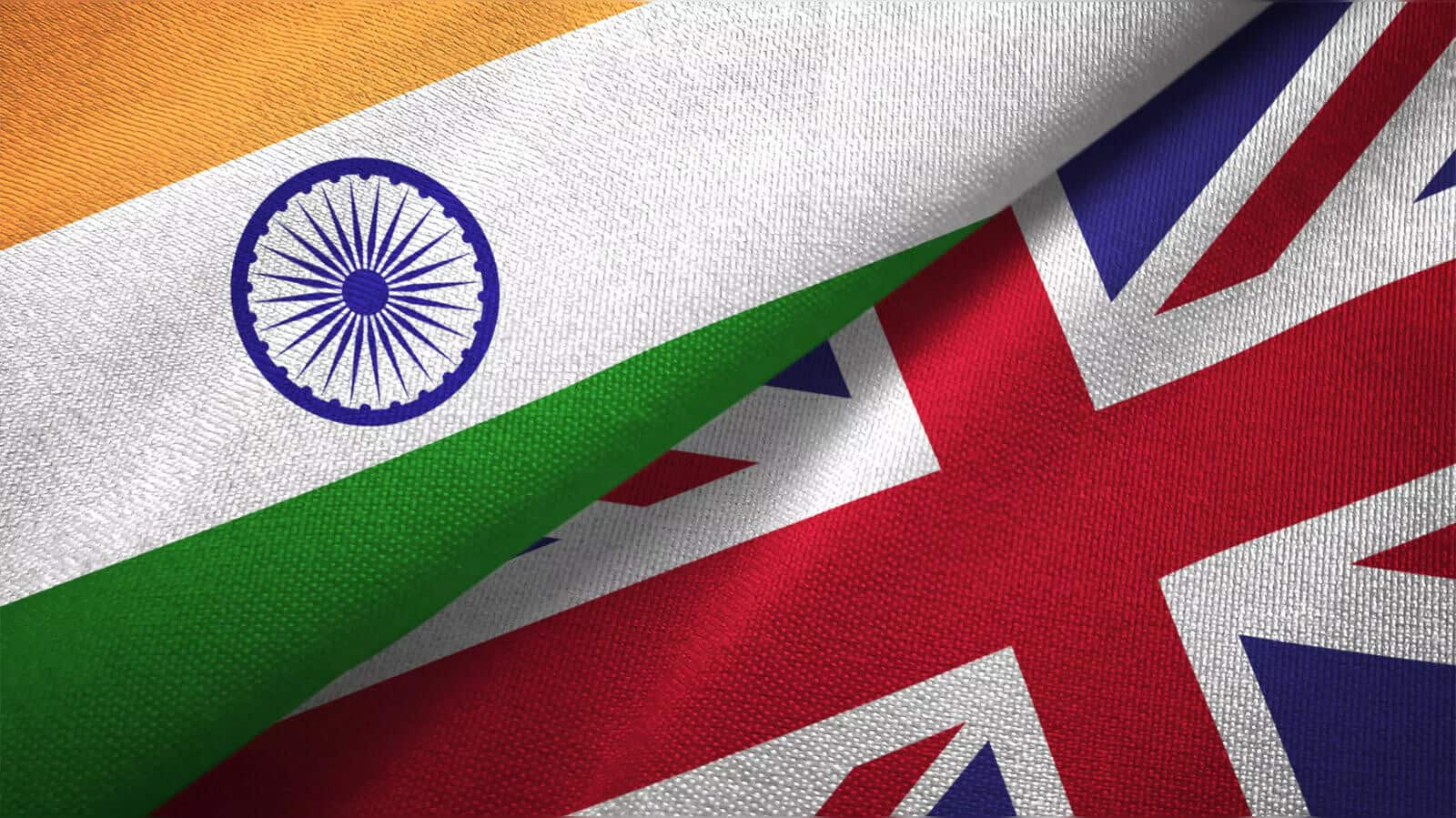
Why India, UK are resuming trade talks after one-year gap
What's the story
The United Kingdom and India have resumed negotiations on a free trade agreement (FTA) to strengthen economic ties and boost bilateral trade.
UK Business and Trade Secretary Jonathan Reynolds arrived in New Delhi on Sunday to meet with Indian Commerce Minister Piyush Goyal.
The meeting, scheduled for Monday, aims to relaunch talks on the UK-India trade deal.
Economic potential
India's economic growth attracts UK trade interest
An official UK government statement underscored India's immense economic potential, predicting it will have the highest growth rate in the G20 over the next five years.
The statement also predicts India will become the world's third-largest economy by 2028.
Additionally, with an anticipated middle class of 95 million by 2035, there are growing opportunities for UK businesses in India, the statement read.
Negotiation status
Progress and challenges in UK-India trade negotiations
The FTA negotiations, which started in January 2022, have progressed significantly with 19 of 26 chapters already finalized. However, some key issues are still under discussion.
These include migration and mobility, tariffs and market access, and agriculture.
India is also pushing for easier migration of professionals and students to the UK, while its textile and leather industries want reduced tariffs to compete globally.
Trade commitment
UK government's commitment to free and fair trade
"Securing a trade deal with what is soon-to-be the third biggest economy in the world is a no-brainer," Reynolds said.
He added that "only a pragmatic government can deliver the economic growth and stability that the British public and British businesses deserve."
Reynolds emphasized that "growth will be the guiding principle in our trade negotiations with India," adding that they are excited about opportunities in this vibrant market.
Trade goal
Trade negotiations aim to boost bilateral trade
The negotiations aim to boost bilateral trade between the two countries to $100 billion by 2030.
After the negotiations started in 2022, the two sides held 14 rounds of talks before suspending the process in May 2024.
According to people familiar with the situation, the British side sees the upcoming discussions as a "relaunch" of the negotiations.
This is because the Labour government, led by Keir Starmer, wants to take a different approach than the previous Conservative Party government.